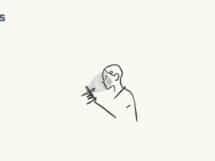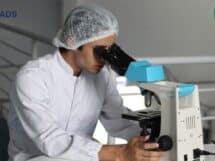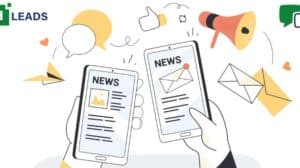What drives me to fight health misinformation is the hopelessness of my 12-year-old self. As a fact-checker, I take my job very seriously. I know that it can be a matter of life and death.
“Please God, let her die. Why are you so cruel to my mother? Please let her die.” Pleas of the hopeless 12-year-old son were persistent. Until, one day, they were finally heard.
All these years later what drives me to put up a fight against health misinformation is the hopelessness of my 12-year-old self. When my mother found out that she had liver and kidney dysfunction, her instinct was to protect her family from the pain and agony. She sought solace in pseudo-scientific practices, half-baked diets, and dubious medicines. Alas, none of that could save her life, or her children from a lifetime of anguish.
Whenever I come across health-related misinformation, it triggers me. Once I found a video by a religious guru on the internet justifying pseudo-science. His rational was simple: “What’s wrong with sharing information? Why are you taking it negatively? Of course, sometimes the information may be incorrect, but what if the information is correct? Many people could benefit from it, right?”
“What if the information is false and it leads to someone’s death?” I posted in the comments section. There was no answer. There never is. And that’s the reason I believe that fact-checking is essential. As a fact-checker, I take my job very seriously. I know that it can be a matter of life and death.
My experience with First Check has taught me that debunking health misinformation is not always easy. One has to comb through medical research papers, understand medical terminology, and get doctors to talk (no mean task).
In today’s day and age, most people seem to have accepted misinformation via WhatsApp forwards and social media posts as a way of life. As my techie friend says, when people consume too much information, misinformation is inevitable. Another friend put it more poetically – when we open the windows for some fresh air, some dust is bound to come in too.
Does that mean we do nothing? Are we willing to sacrifice innocent lives as a result of health misinformation? Do we want more 12-year-olds to pray helplessly for the death of the person they love the most?
I’m committed to do my bit to ensure that no family suffers the way we did because of health misinformation. We need more fact-checkers, more doctors and a better-informed civil society to come together to win this battle against misinformation in health. Join us, won’t you?
(April 2 is International Fact-Checking Day and it is promoted by the International Fact-Checking Network in partnership with fact-checking organizations around the world. Because #FactCheckingisEssential.)


















Add Comment